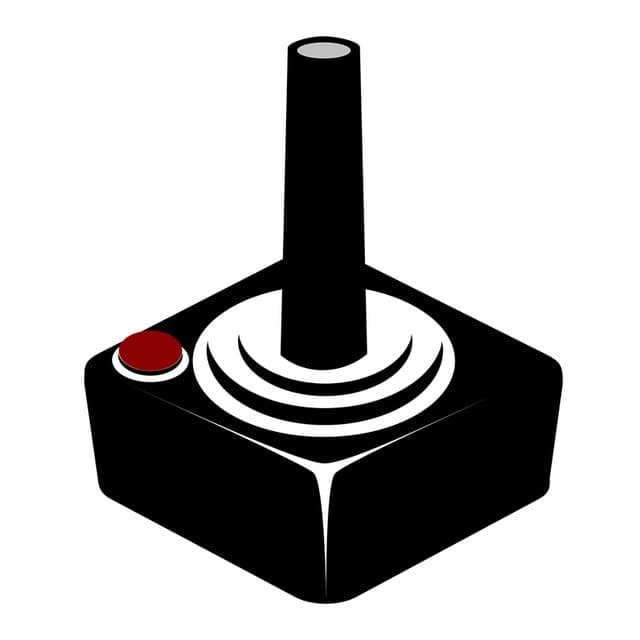

I’m working on a traditional (Wizardry / The Bard’s Tale-style) dungeon crawler with magical girl and horror themes. This is only my second RPG, building on the groundwork from the first, so it is still relatively simple. It’s decently far along, but it is my biggest project so far by a wide margin, so there is still a lot left to do. I realize that it’s a niche game that probably won’t appeal to most people.
I mostly post bits and pieces on Mastodon. Occasionally I post a bigger devlog on Itch, but I’m not very good at those and I don’t know if anyone really reads them anyway, so I don’t do it that often.

I’ve spent the past few months revising and reworking some core mechanics, filling out skill sets, and improving the GUI and QoL. This week I am starting design on the final dungeon, which has been challenging to work on. Since it’s the final dungeon, I feel like I need to step up the complexity while still keeping up with thematic elements, so it’s going more slowly than the simpler early levels.